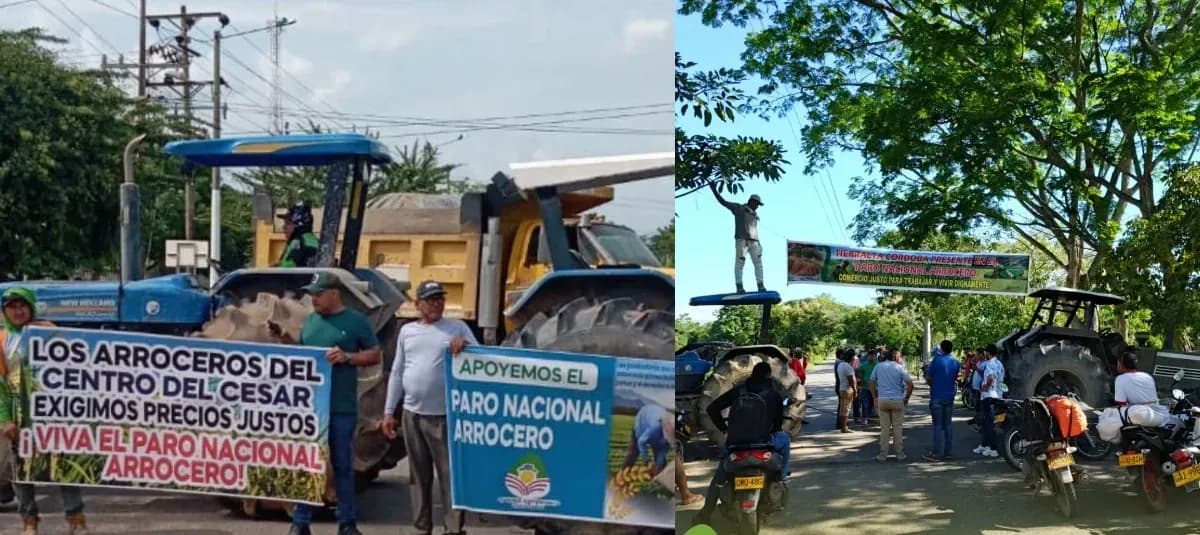The Price of Principles: Central Lechera Asturiana's Standoff with Alimerka and the Future of Farm Support
Explore the Central Lechera Asturiana-Alimerka split. Discover how this commercial dispute impacts dairy farmers, consumer choice, and Spain's local food supply chain.
The Empty Shelf Syndrome: What Just Happened?
The vibrant blue and white packaging of is poised to vanish from the aisles of supermarkets. This isn't a supply chain hiccup; it's the direct consequence of a fundamental commercial disagreement. , through its general director , confirmed in an internal letter that despite multiple meetings, they couldn't reach a new agreement with the retail giant. The dairy cooperative steadfastly refused to accept new conditions proposed by , deeming them detrimental. Their core argument? A commitment to maintaining economic stability for the Asturian livestock farmers who are the very backbone of their cooperative. This impasse means that, in a matter of weeks, one of Spain's most recognized milk brands will simply no longer be available in stores, marking a significant shift in the dairy landscape for countless consumers. While the decision feels final, hasn't entirely closed the door on future negotiations, but only if the terms shift to genuinely support their producers.
More Than Just Milk: The Farmers' Fight for Stability
For , this standoff is far more profound than a mere commercial spat over pricing; it's a principled stand for the livelihoods of Asturian dairy farmers. The cooperative's very existence is predicated on a model designed to ensure the economic stability of its member farmers. Accepting 's proposed new conditions, they argue, would directly jeopardize the future of numerous small and medium-sized farms that rely entirely on the cooperative to sell their produce. Imagine the ripple effect: reduced income, potential closures, and the erosion of a vital agricultural sector. Organizations like have already voiced serious concerns, emphasizing the urgent need for a resolution that protects both the producers and the consumers. This isn't just about a brand of milk disappearing; it’s about the foundational support system for an entire regional farming community, highlighting the delicate balance between market demands and the sustainability of local agriculture.
The Retail Giant's Perspective: Balancing Books and Brands
While the immediate narrative centers on 's firm stance, 's perspective, though less vocalized in the source, is implicitly driven by the relentless pressures of the retail sector. Supermarkets operate in a fiercely competitive environment, constantly seeking efficiencies to offer consumers competitive prices and maximize their own margins. 's proposal of new commercial conditions likely stemmed from a strategic assessment aimed at optimizing their supply chain costs or securing more favorable terms to pass on perceived savings to shoppers. For a retail giant, ensuring consistent product availability is paramount. The impending departure of a major brand like necessitates swift action to fill the void. This explains why is already poised to bring in alternative national or international brands such as , , or , ensuring their shelves remain stocked and consumer choice, albeit different, is maintained. It’s a calculated business decision, prioritizing operational continuity and pricing strategy within their vast network.
Consumer Crossroads: Navigating the New Dairy Landscape
The direct impact of this commercial divorce will undoubtedly be felt most acutely by the consumers who frequent supermarkets. For many, is not just a brand; it’s a trusted staple, often ranked among Spain’s most purchased milk. Its sudden absence will force a significant shift in purchasing habits. Shoppers will face a clear choice: either adapt to the new dairy landscape within , selecting from alternative brands like or , or take their business elsewhere to continue buying products. This situation vividly illustrates the often-unseen costs of the pursuit of 'better deals' in retail. While the supermarket aims for efficiency, the consumer might experience reduced brand loyalty options, and perhaps, unknowingly, contribute to a system that puts pressure on local producers. It’s a subtle but significant alteration to the weekly shopping routine, reflecting deeper market dynamics at play.
Beyond the Breakup: Lessons for Spain's Agri-Food Future
This dispute between and transcends a simple supplier-retailer fallout; it serves as a critical case study for the broader Spanish agri-food sector. It starkly highlights the inherent tension between the modern retail imperative for pricing efficiency and the vital need to protect and sustain local agricultural economies. What does this mean for Spain's future food security and rural development? Such stalemates underscore the fragility of the supply chain when profit margins clash with producer stability. It calls for a deeper national conversation, perhaps even a re-evaluation of policies, to foster more equitable commercial agreements that ensure fair prices for farmers without unduly burdening consumers. The outcome of this particular 'breakup' will resonate, offering valuable insights into how navigates the delicate balance between market forces, agricultural resilience, and the long-term health of its food system. It’s a wake-up call for collaborative solutions, not just commercial confrontations.
Related Articles

Harvesting Justice: Colombia's Rice Farmers' Fight for Livelihoods and National Food Security

Harvesting Justice: Colombia's Rice Farmers' Fight for Livelihoods and National Food Security

Harvest of Discontent: Colombia's Rice Farmers and a Nation on Hold

Harvest of Discontent: Colombia's Rice Farmers and a Nation on Hold

Argentina's Unpaved Promise: The High Stakes Driving La Rural's Critical Dialogue

Argentina's Unpaved Promise: The High Stakes Driving La Rural's Critical Dialogue

Beyond the Horizon: Unpacking Napolact's Strategic Shift and Future Legacy
